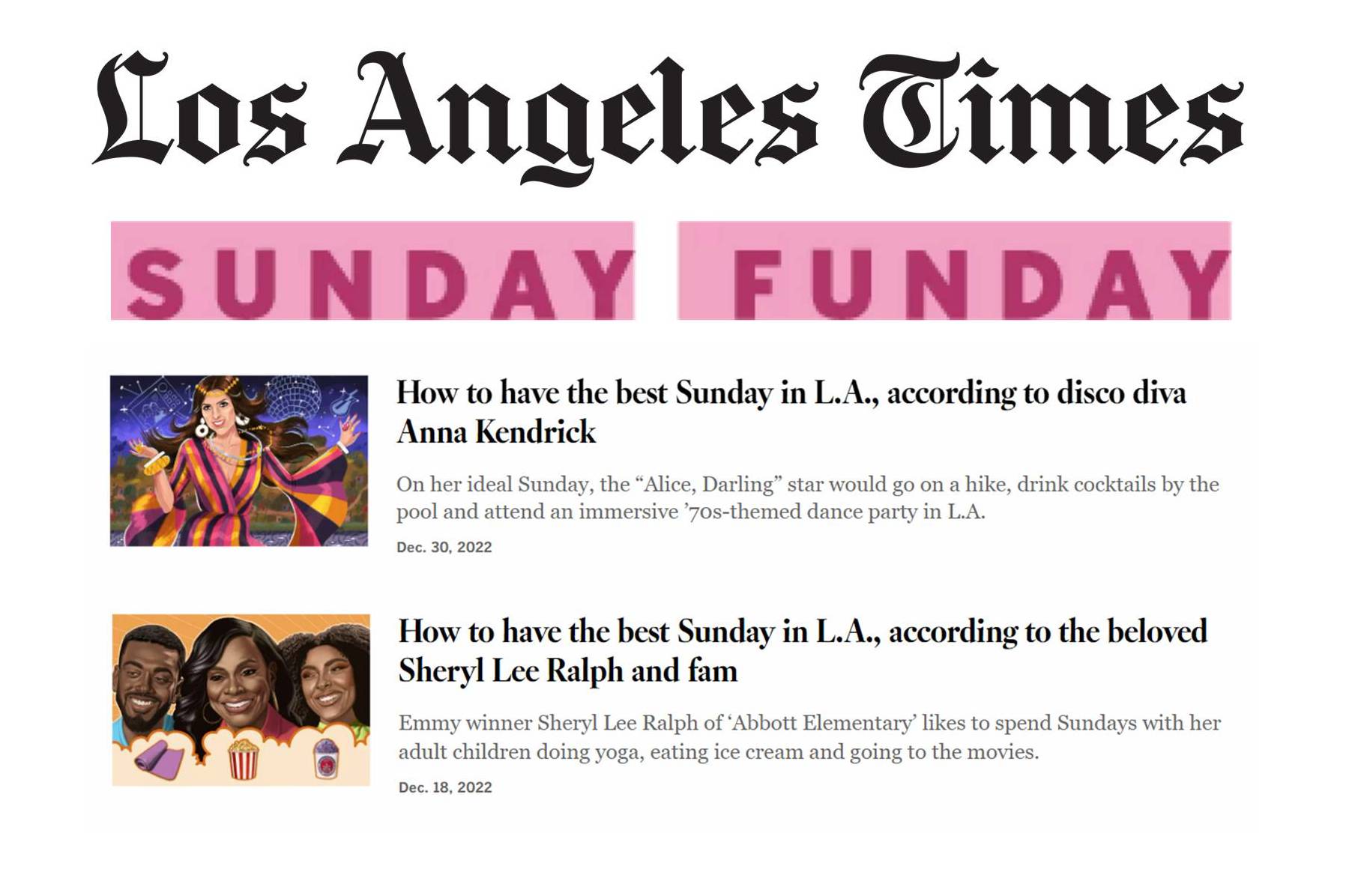
Six weeks ago, the Los Angeles Times added a “Sunday Funday” section to its publication, both in print and online. This section features weekly interviews and readings from people and celebrities that tell us why Sunday is an important day of the week and how they spend their Sundays. These weekly postings are designed to get people excited about Sunday and to raise awareness about this day. [1]
If anything, people are reading and discussing Sunday and sharing how meaningful they find this day to be. Additionally, this initiative by the Los Angeles Times undoubtedly elevates Sunday as a special day for the community. Imagine Sunday having its own section in a major newspaper in the United States. What does this tell us? It won’t be long before Sunday is formally recognized by law as a special day of rest.
However, Sunday has a long, dark history of not being a fun day for seventh-day Sabbath keepers, who were persecuted for keeping the true Sabbath day, Saturday. In actuality, what the Los Angeles Times is doing is yet another indication and a timely reminder of how Sunday will soon play a significant role in the politics and spirituality of our country. Religious persecution and bigotry will be seen very soon here in the United States. The current social unrest is paving the way for the fulfillment of the prophecies of Revelation 13. In the face of severe political and economic turmoil, both religious and political leaders will seek to adopt Sunday as the solution to humanity’s problems. The general goal will supposedly be to create a new world of lasting peace and security for all mankind through Sunday legislation.
As God’s people, we have the solemn responsibility of awakening the world with the Three Angels’ Message. It seems we have lost the urgency of the hour and the duty of proclaiming to the world the following:
“And the third angel followed them, saying with a loud voice, If any man worship the beast and his image, and receive his mark in his forehead, or in his hand, The same shall drink of the wine of the wrath of God, which is poured out without mixture into the cup of his indignation; and he shall be tormented with fire and brimstone in the presence of the holy angels, and in the presence of the Lamb.” Revelation 14:9, 10.
The true observers of the Sabbath, those who adhere to the fourth commandment of God’s law, will find themselves standing against all the political and ecclesiastical powers of the world. They will be standing alone, but in the power of God. This small group of faithful men and women must be united against the beast, but united with Christ. Who will be able to stand in this great hour of testing? This is the question that all who wish to be faithful to the truth of God must seriously consider.
“When Sunday observance shall be enforced by law, and the world shall be enlightened concerning the obligation of the true Sabbath, then whoever shall transgress the command of God, to obey a precept which has no higher authority than that of Rome, will thereby honor popery above God. He is paying homage to Rome and to the power which enforces the institution ordained by Rome. He is worshiping the beast and his image. As men then reject the institution which God has declared to be the sign of His authority, and honor in its stead that which Rome has chosen as the token of her supremacy, they will thereby accept the sign of allegiance to Rome—’the mark of the beast.’ And it is not until the issue is thus plainly set before the people, and they are brought to choose between the commandments of God and the commandments of men, that those who continue in transgression will receive the mark of the beast” (Great Controversy, p. 449).
Sources
I haven’t read any of the articles in this paper. Has anyone shared a religious aspect to Sunday?